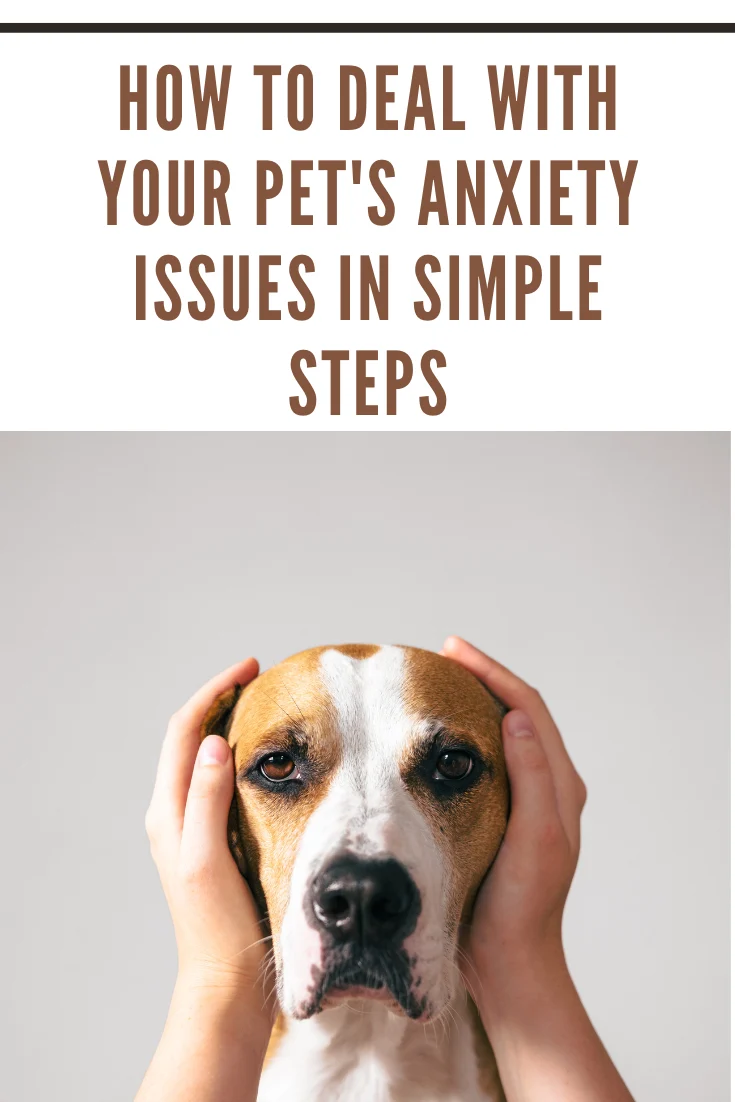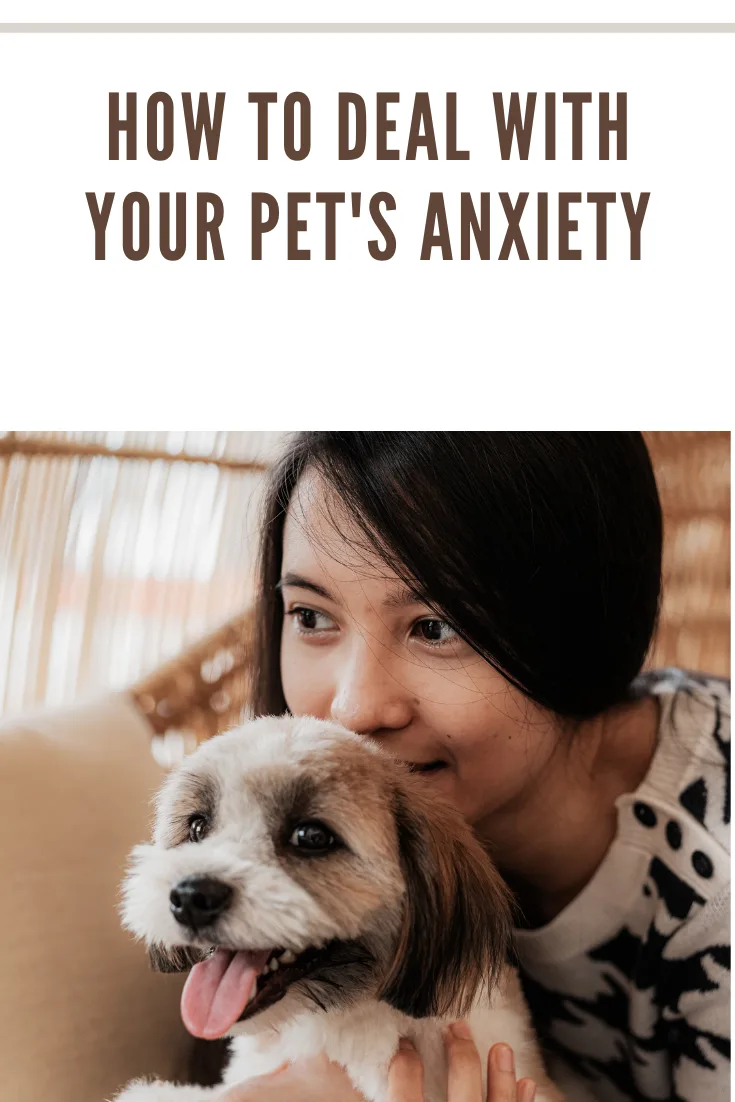It’s not just humans who get stressed – our beloved pets can get stressed out too, and sometimes, it can be hard to spot the signs that your furry friend isn’t as relaxed as they should be.
All sorts of things can cause pet stress, just like with people; a change of living circumstances, fear of loud noises or the vet, separation anxiety, and even age-related conditions can all cause our pets to experience stress.
Before we discuss ways to help deal with your pet’s anxiety, let’s look at how stress can manifest, so you’ll know the signs if they appear.
Signs That Your Pet is Stressed
While the age, species, and breed of your pet will obviously come into play, some of the most common signs of stress include the following:
- Trembling, shaking, or cowering.
- Exhibiting compulsive behavior, such as scratching or licking its fur.
- Hiding.
- Drooling.
- Being easily startled.
- Becoming prone to aggressive behavior.
- A flattening of the ears and shrinking away.
- Having accidents around the house.
- Displaying ‘problem’ behavior.

How to Help Your Pet
Luckily, you can do plenty of things to help your furry companion, no matter what’s causing them stress. Here are the most common scenarios that can cause anxiety and the steps to take to help your pet feel better.
Fear of the Vet
It’s not uncommon for dogs and cats to feel very anxious about a trip to the vet, and, in some cases, this can make the visit highly problematic for everyone concerned.
It’s important to talk to your veterinarian ahead of the trip and let them know the situation. They could make some small changes that’ll help, such as allowing you to sit and wait in a quiet side room rather than in the busy main waiting room.
You could also practice at home to make visiting the vet seem less worrying for your pet. To do this, make a point of regularly (and very gently) checking your dog’s ears and teeth and holding its paws. Offer some treats after the ‘check-up’ for some positive reinforcement.
For very anxious pooches, it’s a great idea to pop into the vet’s regularly, simply for the receptionist to offer your dog some treats before leaving again, so your pet associates the vet’s office with a happy experience.
Some people use the services of a pet psychic to help figure out what’s behind any stress their pet may be experiencing and ways to help them. If you choose to go down this route, you must first consult your veterinarian to rule out any underlying issue that may be causing the problem.

Separation Anxiety
According to the AKC, around thirteen million dogs in the US regularly suffer from separation anxiety, and the impact can be severe. As well as causing a lot of stress to the pets feeling the pain of separation, it can result in unwanted behaviors, such as chewing and excessive barking.
You can do some things to make things easier for your dog if you need to be regularly away from home. Firstly, ensure your dog is getting plenty of exercise, which is vital for their physical and mental health. Secondly, it’s crucial not to leave your pet alone for an extended period suddenly. You may need to build up slowly. This would be a perfect solution if you could occasionally hire a sitter or dog walker.
Some dog experts also suggest conditioning your pooch to experience a happy reaction to the subtle signs you’re leaving to help lessen any anxiety they may feel about your departure. So, for example, put on your coat, then take it off again, play with your dog, and give him a treat. Do the same thing with picking up your keys or any other action comprising your usual routine about leaving the house.

Firework Stress
Fireworks frequently cause pets anxiety, and this may be severe. (PDSA)
When it comes to cats, it’s important not to pick up your pet or attempt to restrain her in any way if she’s scared: cats tend to like to control how they cope. If your cat or dog seeks reassurance from you, offer them comfort as you usually would, and try to come across calmly and confidently – equally, if they want to go into another room or hide, let them do so.
It’s vital to ensure that doors, windows, and cat flaps are closed; it’s a good idea to draw the curtains and play music to drown out the sounds, too; anything with a repetitive beat is best. For pets that find fireworks, particularly anxiety-inducing, consider asking your vet to recommend a supplement specifically designed to help alleviate stress.
Helping Your Pet to Cope
There are myriad reasons why pets experience anxiety and an equal number of ways in which they manifest it, some more difficult to spot than others. It’s essential to remain mindful of your pet’s behavior and alert to any changes or specific signs of stress, some of which we listed above. In general, you can take many simple steps to make your dog or cat feel better, no matter what’s bothering them.
Suppose you think your pet may be experiencing stress. In that case, it’s vital to chat with your vet, who can offer you lots of helpful advice and tips – they can also check that there’s not an underlying medical issue that may be causing or exacerbating your dog or cat’s anxiety.
